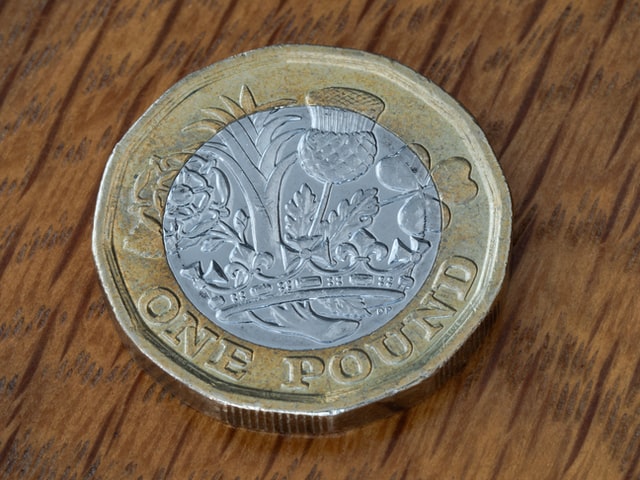This post was written collaboratively by Emma O'Shea and Tricia Onions.
Communicating our strengths on a CV or in an interview plays an essential role in getting hired. But if we think too rigidly about them, we sell ourselves short. In this blog, we are going to look at strengths as a flipside to our weaknesses. We’re also going to explore how big, broad strengths like communication can be broken down into ‘micro strengths’. Let’s get started…
Two sides of the same coin
Emma says:
If it’s true that we all have natural strengths, it stands to reason that we all have our weakness as well. Because of our natural negativity bias, some of us find it easier to focus on and notice our weaknesses. You can use that to your advantage, because contemplating your weaknesses can help you to recognise your strengths.
For example, I know that a big weakness of mine is that I can get really easily distracted when I find something boring. Instead of starting a data analysis task, for example, I’ll be quick to volunteer to help a colleague with something else or start brainstorming another project with a co-worker. What I have learnt about myself here, is that while data analysis makes me want to go to sleep, I’m a supportive colleague and I get really excited by the creative energy generated by synthesising my ideas with someone else.
Another example is my difficulty with big-picture thinking or strategy. I want to groan at the thought of having to come up with a big-scale plan. Part of the reason for that is because I know I’m a details person. I want to get stuck in to the nitty gritty.
Why it matters
When you understand what genuinely makes you excited, energised and motivated – and conversely what makes you cry inside – it can help you choose jobs and work experiences that you’re going to thrive in. I know that jobs involving high level strategy and complicated data analysis are not for me, whereas roles where I can collaborate with colleagues in an environment where creativity is valued will be a good fit for me. Employers think this is important too. Most employers would prefer you to enjoy your work, because you’ll probably do more, stay longer and invest more of your energy. This is why many employers now use strength-based assessment and interview techniques.
The strength umbrella
Tricia says:
In my blog on neurodiversity, I argued that reframing what’s on the job description can reveal hidden strengths. Take communication skills as an example. Think of this strength as an umbrella, and picture all the ‘micro strengths’ that might fall under this umbrella. Communication can encompass both verbal and written skills. It can obviously mean talking, but it can also mean, perhaps less obviously, knowing when to stop talking and just listen.
If you’re like me and hate being put on the spot, don’t sell yourself short. I get tongue-tied on the phone but really pride myself on my writing. My communication skills lie in reflection and evaluation, and that’s okay! No one is a jack of all trades, so it’s worth exploring what your unique talents are, and really advocating for these in your applications.
Certain strengths are going to prove more useful in some contexts than others – persuasion is essential in sales, for instance. It’s important to get to know yours so that you can present them effectively. This is a great way to avoid vagueness at both the application and interview stage.
One small caveat
We often think of strengths as qualities that come naturally to us. Everybody has strengths – yes, everybody! – but this mindset has its pitfalls when applied too rigidly. You don’t have to be a natural at something to learn how to do it effectively, so don’t underestimate the value in your ability to learn. Employers don’t expect you to be brilliant at everything, but if you can demonstrate awareness of your natural talents, and your learning style, you’ll be better equipped to navigate the challenges of work.
To find out how to recognise your strengths, check out this info page and this video on MyFuture.
Respond



